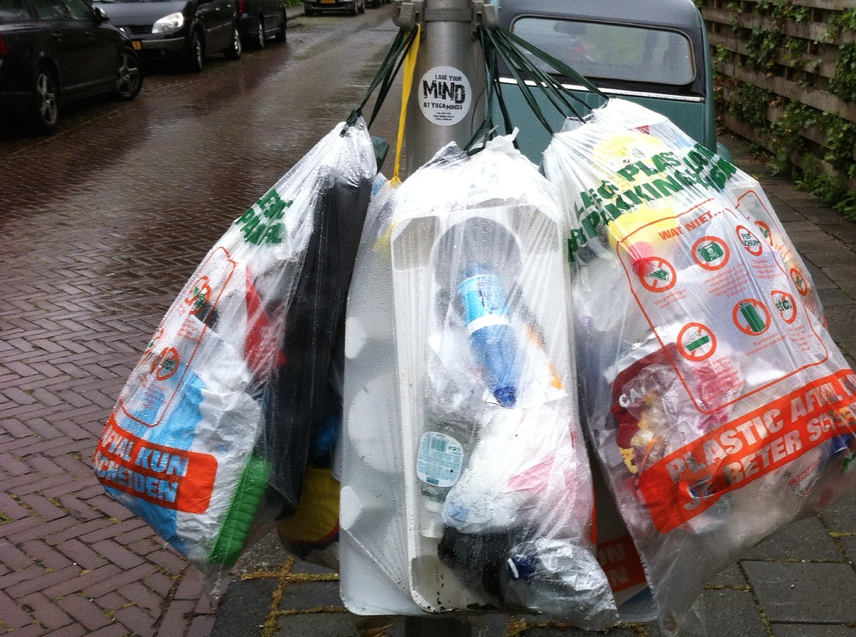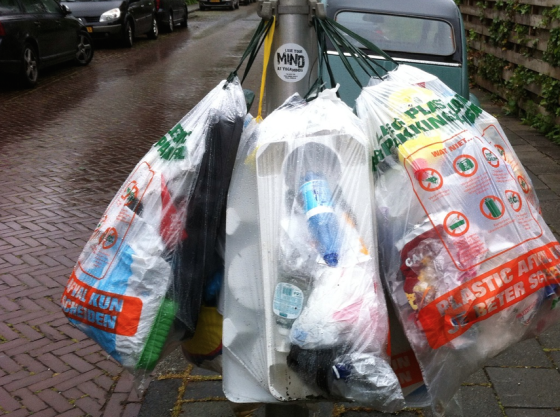Second hand needs the upper hand, says government advice body


The Netherlands is not making enough headway to achieve a circular economy by 2050, a report by a government advice bureau has found.
A study by the Planbureau voor de Leefomgeving (PBL) suggests that the government deadline to become completely waste-free by 2050 is unlikely to be met without huge changes.
It calls for a tax on raw material use, plus efforts to encourage people to fall in love with second-hand goods.
The PBL looked at all 85,000 business activities in the Netherlands aimed at saving raw materials and judged only 1,500 truly innovative. Many are based on recycling, which it said is not ideal because it still uses raw materials in the first place.
The government spent most of its budget for promoting a zero-waste circular economy – some €22.5m – on recycling and buying recycled goods last year. But the PBL says it should focus more on reusing existing products, encouraging people to repair, lease or rent them.
That requires a change in mentality of the Dutch public which, according to the PBL, is still not enamoured of second hand stuff.
Apart from breaking down legal barriers to innovative initiatives, the main PBL advice to the government is to impose an environmental tax on raw materials. Without this equalising measure, it says, re-used materials will remain comparatively expensive.
Thank you for donating to DutchNews.nl.
We could not provide the Dutch News service, and keep it free of charge, without the generous support of our readers. Your donations allow us to report on issues you tell us matter, and provide you with a summary of the most important Dutch news each day.
Make a donation